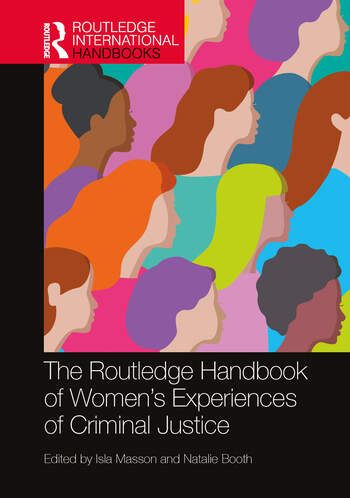We are now closed for the Christmas and New Year period, returning on Monday 5th January 2026. Orders placed during this time will be processed upon our return on 5th January.

This Handbook brings together the voices of a range of contributors interested in the many varied experiences of women in criminal justice systems, and who are seeking to challenge the status quo.
Although there is increasing literature and research on gender, and certain aspects of the criminal justice system (often Western focused), there is a significant gap in the form of a Handbook that brings together these important gendered conversations. This essential book explores research and theory on how women are perceived, handled, and experience criminal justice within and across different jurisdictions, with particular consideration of gendered and disparate treatment of women as law-breakers. There is also consideration of women’s experiences through an intersectional lens, including race and class, as well as feminist scholarship and activism. The Handbook contains 47 unique chapters with nine overarching themes (Lessons from history and theory; Routes into the criminal justice system; Intersectionality; Sentencing and the courts and community punishments; Specific offences; Incarcerated women’s experiences; Mothers and families; Rehabilitation and reintegration; Practitioner relationships), and each theme includes contributions from different countries as well as the experiences of contributors from different stages in their own journey.
International and interdisciplinary in scope, this Handbook is essential reading for scholars and students of criminology, sociology, social policy, social work, and law. It will also be of interest to practitioners, such as social workers, probation officers, prison officers, and policy makers.